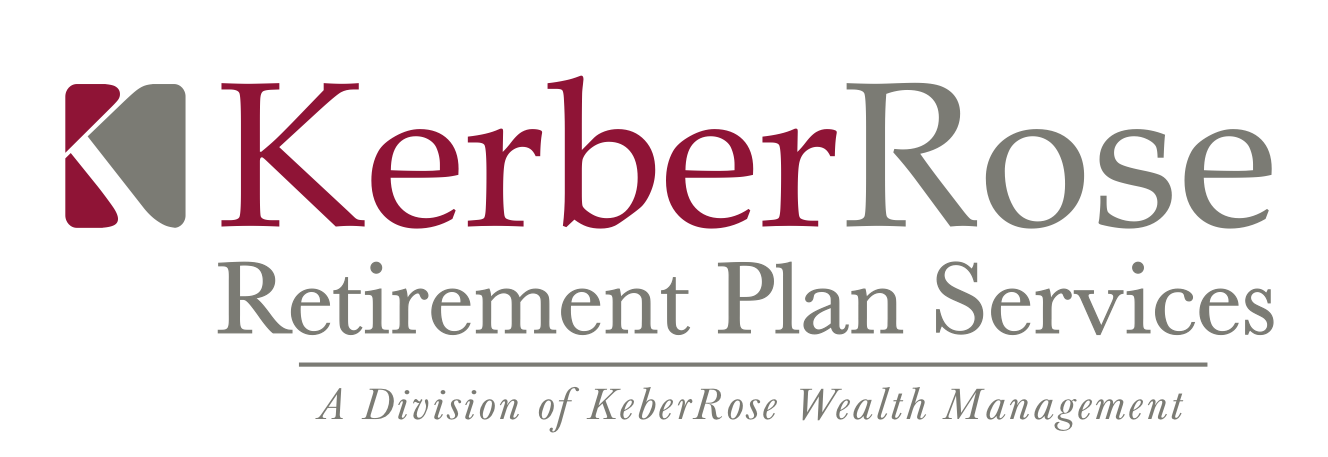The Latest News and Updates from KerberRose
Resources
Are Your Participants Experiencing a Fee Imbalance?
Fred Reish, a partner with Drinker Biddle in the Los Angeles office has weighed in on this issue by stating, “While there are no requirements to charge equitable fees, in Field Assistance Bulletin (FAB) 2003-03, the Department of Labor (DOL) indicated that allocating plan expenses is a fiduciary decision that requires fiduciaries to act prudently… Whatever allocation method is used, failure by fiduciaries to engage in a prudent process to consider an equitable method of allocation of plan costs and revenue sharing would be imprudent and a breach of fiduciary duty.”
Webinar Replay - Education & Development: Investment Trends
Webinar Replay - Education & Development: Investment Trends
Looking to Reduce Your Fiduciary Liability? Benchmark Your Retirement Plan.
As a Plan Sponsor, you have a duty to perform ongoing monitoring of your company’s retirement plan. Since ERISA is complicated, navigating this landscape is oftentimes confusing and challenging. You might be wondering, “What do I need to do to avoid fiduciary liability for my 401(k) plan?”
Department of Labor - Electronic Disclosure Rules
Department of Labor - Electronic Disclosure Rules. The new safe harbor permits the following two optional methods of electronic delivery:
CARES Act Legislation Summary - Updated June 23, 2020
Updated June 23, 2020 to reflect changes due to IRS Notices 2020-50 and 2020-51.
How Can You Prepare for Healthcare Expenses in Retirement?
Rising healthcare costs are on everyone’s mind, even for affluent people. In fact, 69 percent of affluent pre-retirees cite rising healthcare costs as one of their top fears in retirement, according to a survey from the Nationwide Retirement Institute.
How and When to Pay Plan Expenses with Plan Assets
Some retirement plan expenses can be paid for with plan assets — but many can’t. Which are the “reasonable and necessary” retirement plan expenses that can be paid out of plan assets?
Fiduciary Hot Topic - CARES Act
The Coronavirus, Aid, Relief, and Economic Security (CARES) Act (the “Act”) was signed into law. A portion of the Act is intended to loosen access to retirement plan funds and provide relief for individuals impacted by the COVID-19 pandemic. The following is a summary of the retirement-related provisions of the Act:
Beware of the IRS and DOL: Four Red Flags They Seek on Form 5500
The Form 5500 is an ERISA requirement for retirement plans to report and disclose operating procedures. Advisors use this to confirm that plans are managed according to ERISA standards. The form also allows individuals access to information, protecting the rights and benefits of the plan participants and beneficiaries covered under the plan.
Is it Time for a Plan Refresh?
The duty to provide participants with sufficient information to make consistently informed retirement investment decisions is a basic fiduciary responsibility under ERISA Section 404(a). However, there could be some plan committees who feel their participants are not consistently making prudent decisions.
Four Basic Steps for a Successful Retirement
We know that most plan participants are not financial experts, and that can make planning for retirement difficult. Fortunately, there are some basic steps that you can follow to work toward a successful retirement.
Are You Ready for an Audit?
Several events can trigger a DOL or IRS audit, such as employee complaints or self-reporting under the annual submission of the Form 5500. Oftentimes an audit is a random event, which is why you should always be prepared.













